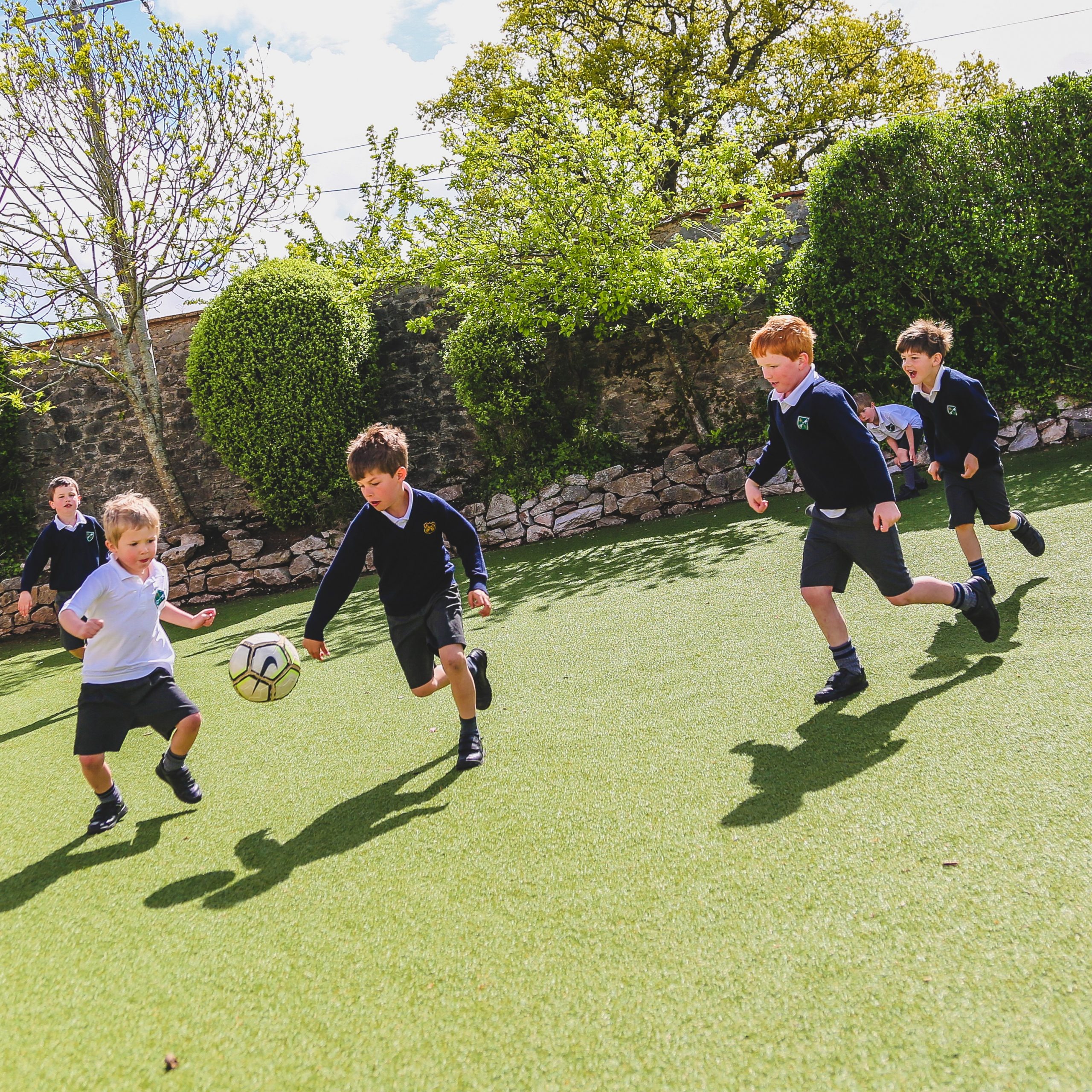Back in 2019, I wrote a Teaching and Learning blog with Mr Hoban (Director of Music and Faculty Head of Performing Arts) to warn parents that the essential learning skill of memorisation was falling by the wayside. Our pupils were struggling to remember things from one week to the next; let alone remembering things from this year to the next! This ‘Google generation’ of kids are excellent at finding things out and being critical readers in 21st century Britain, BUT they are losing other skills as a result of the influx of computing in schools.
Memorisation is certainly one of these diminishing skills.
Our previous blog is here:
Teaching & Learning: Chronology & Memorisation – St Peter’s Prep School
We have seen some improvement in memorisation skills by implementing the following nineteen actions at St Peter’s Prep School:
- REPETITION
Experiences wire the brain; repeating these strengthens the wiring.
- DISPLAYS
Effective use of visual displays is a huge memory reinforcement aid.
- RELEVANCE
If people don’t believe it’ll be relevant to them in the future, they’re very likely to forget it.
- THINKING
Especially important at the very outset of a new learning concept. We are allowing more time in all of our lessons for thinking.
- BE A MEMORY ENTHUSIAST
Celebrating good memorisation.
- COMEDY
If something’s entertaining, it’s memorable. Have you met the staff team? Funny they certainly are!
- CURIOSITY
Improving memory by tapping into the brain’s reward system dopamine. Lighting the fire of curiosity puts the brain into a state that’s more conducive to learning.
- EXPERIENCE
Followed by REFLECTION & REINFORCEMENT, as (a) pure information is very easy to forget; and (b) the brain LOVES to remember NARRATIVES e.g. the Pythagoras’ Theorem.
- LEGACY: A POETRY BOOK & A DICTIONARY
These are permanent fixtures in their transient school lives; linear structures in curricula help with memory retention.
- SCHEMAE / FRAMES OF REFERENCE – “PIN THE TAIL ON THE DONKEY”
In order for pupils to remember new information, they have to know where to place it in context. A good general knowledge is essential for a good memory.
- MUSIC & POETRY
Multi-sensory memorisation.
- MULTI-SENSORY MEMORY AIDS
E.g. a smell is paired with a picture; in French, we would use a picture of a bakery to teach ‘boulangerie’ etc.
- LEARNING “BY HEART”
Trying to memorise sets as homework.
- JUGGLING
Significantly increases the white matter (wiring) in our brains.
- CONSISTENCY
Do we use the same terminology, approaches and priorities in our subjects?
- HYDRATION
10% dehydration = 90% memory reduction
- DISCOURAGING RELIANCE ON “OUTSOURCED” MEMORY
I.e. the Internet
- MUSCLE MEMORY
- SLEEP
Keep reading for 5 fun ideas that you can use for improving you and your children’s memories at home!
Here are some fun ideas for games and activities which help to improve memory.
1. “I went to the market and I bought…”
Each person takes it in turns to add to the list. Each person needs to say all of the items (in order) that everyone else has said before. An added level of difficulty can be to add a quantity to each item, e.g. “five bananas, three loaves of bread, etc”.
2. Kim’s Game
Put five to ten items on a tray. Everyone looks at them for twenty seconds. Someone takes the tray out of the room and removes one item. See who can remember the item! Very good to play with 2 or as a family! Take it in turns to remove an item. Extension: remove more than one item! End game: who can name all of the items?
3.What did we do today/yesterday/this morning?
Remember in detail the events of the day. Try to remember exactly what people said and wore or how many people were in a room, etc. Do this with films and books as well!
4. Memorise a poem or song every day
Start very short and simple and work upwards. Each day, see how many of the previous days’ poems or songs can be remembered. At first it might need to be a poem or song a week.
5. Pelmanism
Sometimes called “pairs”; the card game where pictures are put face down and you pick them up one at a time to find a pair.
Enjoy your time as a family working on your memorisation. I wonder who will win? Parents or children?!
Lucy Ball
Deputy Head Teaching and Learning








